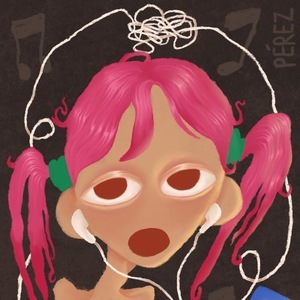Read the following excerpt and then choose the statement that best applies.
Mary Boykin Chestnut: Slavery a Curse to any Land
I wonder if it be a sin to think slavery a curse to any land. Sumner said not one word of this hated institution which is not true. Men & women are punished when their masters & mistresses are brutes & not when they do wrong-& then we live surrounded by prostitutes. An abandoned woman is sent out of any decent house elsewhere. Who thinks any worse of a Negro or Mulatto woman for being a thing we can't name. God forgive us, but ours is a monstrous system & wrong & iniquity. Perhaps the rest of the world is as bad. This is only what I see: like the patriarchs of old, our men live all in one house with their wives & their concubines, & the Mulattos one sees in every family exactly resemble the white children-& every lady tells you who is the father of all the Mulatto children in everybody's household, but those in her own, she seems to think drop from the clouds or pretends so to think-. Good women we have, but they talk of nastiness tho they never do wrong; they talk day & night of -. My disgust sometimes is boiling over-but they are, I believe, in conduct the purest women God ever made. Thank God for my countrywomen-alas for the men! No worse than men everywhere, but the lower their mistresses, the more degraded they must be.
Source: Mary Boykin Chestnut, A Diary form Dixie (1905; repr., Boton: Houghton Mifflin, 1949), 21.
Select one of the following:
